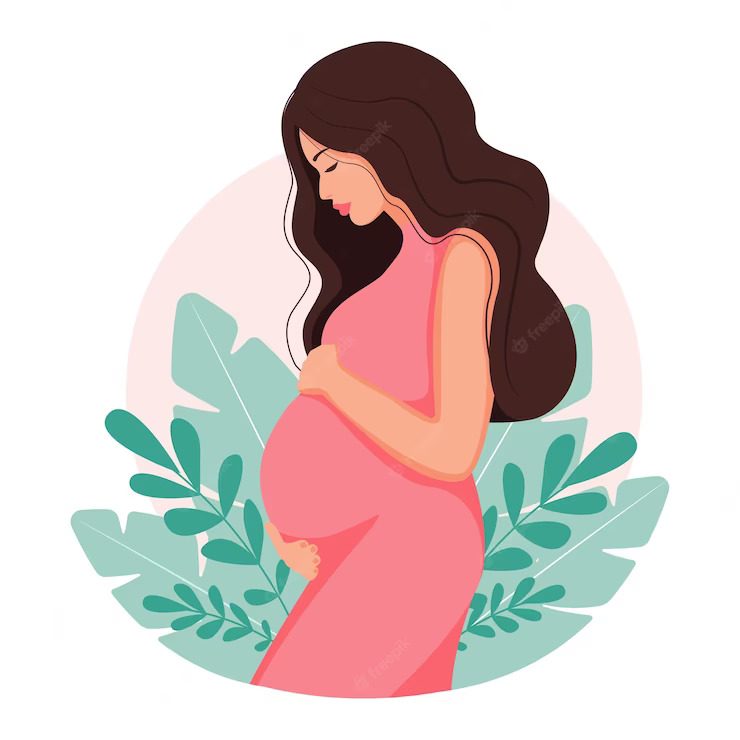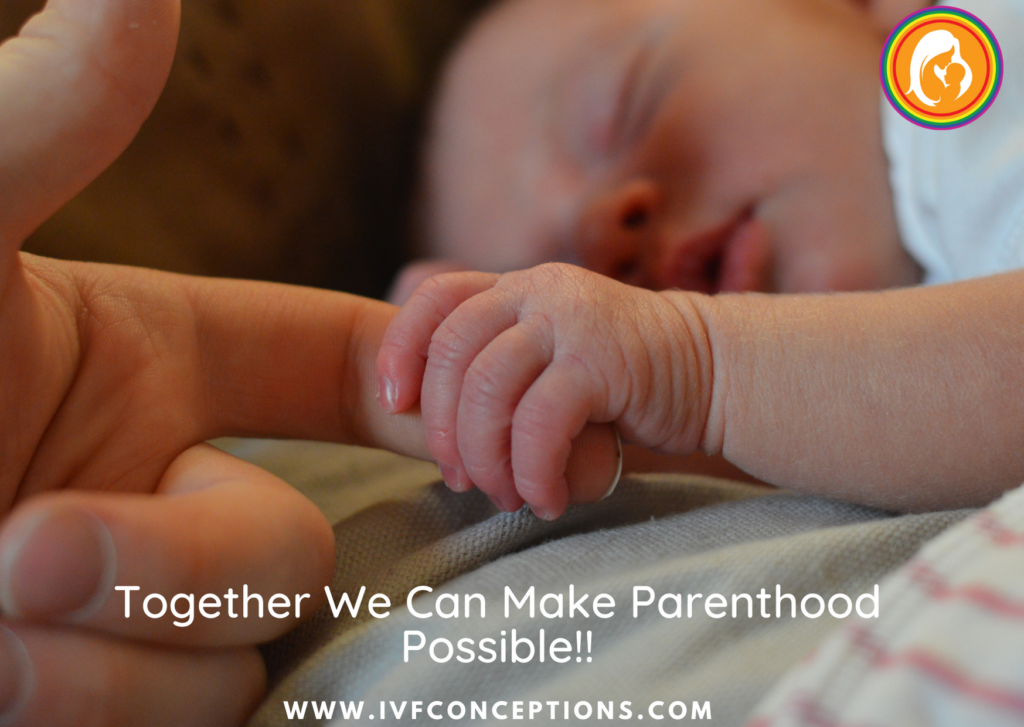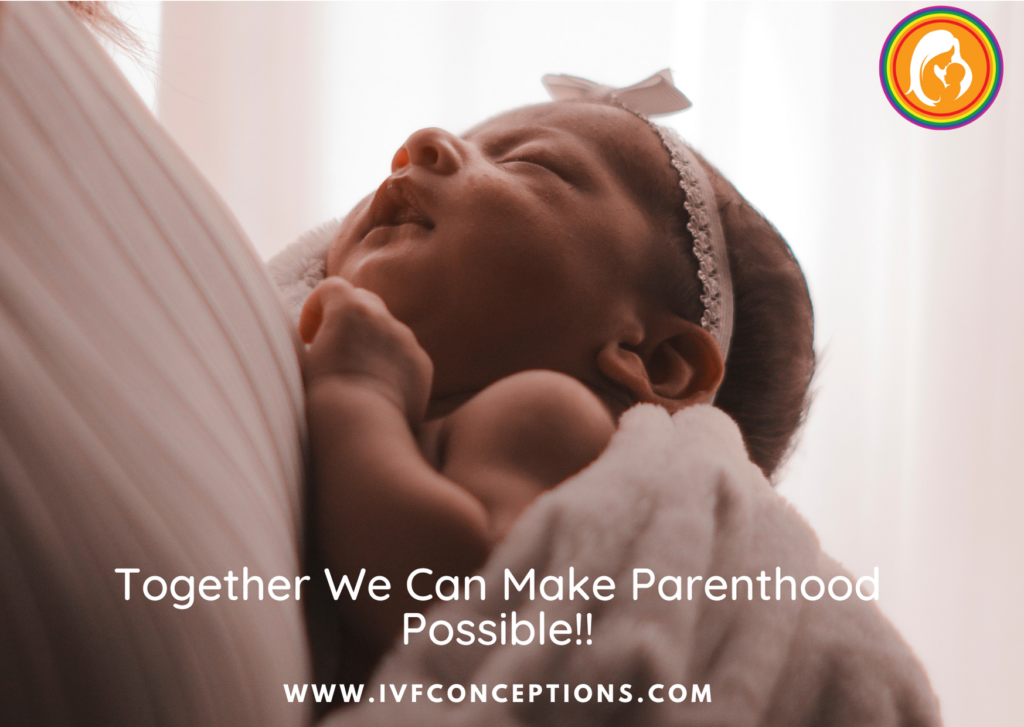What’s the likelihood that I will get pregnant after IVF?


In vitro fertilization (IVF) is a process of fertilization where eggs are combined with sperm in a petri dish in the lab. The process involves monitoring and stimulating a female’s ovulatory process, removing multiple eggs from their ovaries, and letting sperm fertilize them in a culture medium in a laboratory. So, the fertilization is done outside the human body and the resulting embryos are then allowed to grow till day 5 (blastocyst) and then transfer to the female partner’s uterus or sometime in the surrogate mother’s uterus in hope of implantation. However, what is a difficult part of IVF is that it does not guarantee a 100% successful pregnancy. Most of the time intended parents need, more than one round of IVF and multiple embryo transfer attempts. So, it is a common question for many IVF patients, what’s the likelihood that I will get pregnant after IVF?
The probability of getting pregnant after in vitro fertilization (IVF) is subjective and depends on a number of factors, including the age of the female partner ( and male partner to some extent), the quality of your eggs and your partner’s sperm, and any underlying fertility issues, if any.
What is the success rate of IVF on the first try? According to the Centers for Disease Control and Prevention (CDC), the success rates for IVF vary depending on the patient’s age and the specific fertility clinic. For example, the CDC reports that the average live birth rate for women under the age of 35 who are using their own eggs is about 45%, while the live birth rate for women over the age of 40 is about 10%.
Before predicting the success rate of IVF is only averages. The individual chances of getting pregnant after IVF may be higher or lower depending on the specific circumstances of the intended parents. Factors that can affect the success of IVF include the quality of your eggs, the quality of your partner’s sperm, the presence of any underlying fertility issues (sometimes unknown fertility), and the experience and success rates of the fertility clinic.
Thus, we can say that the probability of getting pregnant after IVF can vary widely as per your specific circumstances to know your specific success rate discuss it with your fertility specialist, and determine the best course of action for you. The intended parents should know that IVF is not a 100% sure shot of pregnancy, but they can take some steps to improve the success rate of IVF.
What I can do to increase the success rate of IVF?
There are several steps that most likely increase the probability of success with in vitro fertilization (IVF):
#1. Maintain a healthy lifestyle (active and balanced life):
Being at a healthy weight and eating a healthy diet can improve the chances of a successful IVF cycle. Avoiding tobacco and minimizing alcohol consumption can also be helpful.
#2. Optimize your fertility (try younger):
If you have any underlying fertility issues, such as polycystic ovary syndrome (PCOS) or endometriosis, it may be helpful to address these issues before starting IVF. Your fertility specialist can recommend treatments or lifestyle changes that may improve your chances of success.
#3. Choose the best fertility clinic (with a good embryology lab):
The outcome of success rate varies among IVF clinics, so it is important to choose a fertility clinic that has a good and consistent track record and a high success rate.
#4. Opt for donor eggs or sperm (if age-related issues):
If you or your partner have a low egg or sperm count, or if you have a genetic disorder that could be passed on to your children, using donor eggs or sperm can increase the chances of success with IVF. How to find the best egg donor for you?
#5. Be patient (good things take time):
IVF can be a long and emotionally and financially challenging process, and it is important to be patient and manage your expectations. It may take several cycles of IVF before you achieve a successful pregnancy, and it is important to stay positive and to seek support from friends, family, and your medical team.
What are the chances of getting pregnant after IVF?
The rates of live births per egg retrieval vary significantly based on the age of the person undergoing IVF (and other factors like the person’s specific fertility issues and the IVF clinic doing the treatment). Generally, IVF success rates decrease drastically as the ladies get older.
| Woman Age | Percentage of live birth per egg retrieval |
| Less than 35 | 54.5% |
| 35 to 37 | 41.1% |
| 38 to 40 | 26.7% |
| 41 to 42 | 13.8%. |
| 43 and above | 4.2% |
Read more: What’s the likelihood that I will get pregnant after IVF?
Tips to overcome failed IVF cycle
All your need to know about AMH and fertility
When to stop trying for IVF and opt for surrogacy?
Conclusion:
The high cost of the IVF cycle, along with the emotionally and physically demanding nature of ART treatment, may leave intended parents wondering whether IVF is worth a try or not!
Fortunately, IVF is one of the most commonly used and successfully assisted reproductive techniques for infertile couples. IVF can be successful, especially for women under age 35 or those who use donor eggs.
If you’d like to learn more about IVF, Egg Donation, or surrogacy services globally, check out the rest of our website at IVF Conceptions. We offer legally secure and affordable surrogacy consulting services for FREE.

